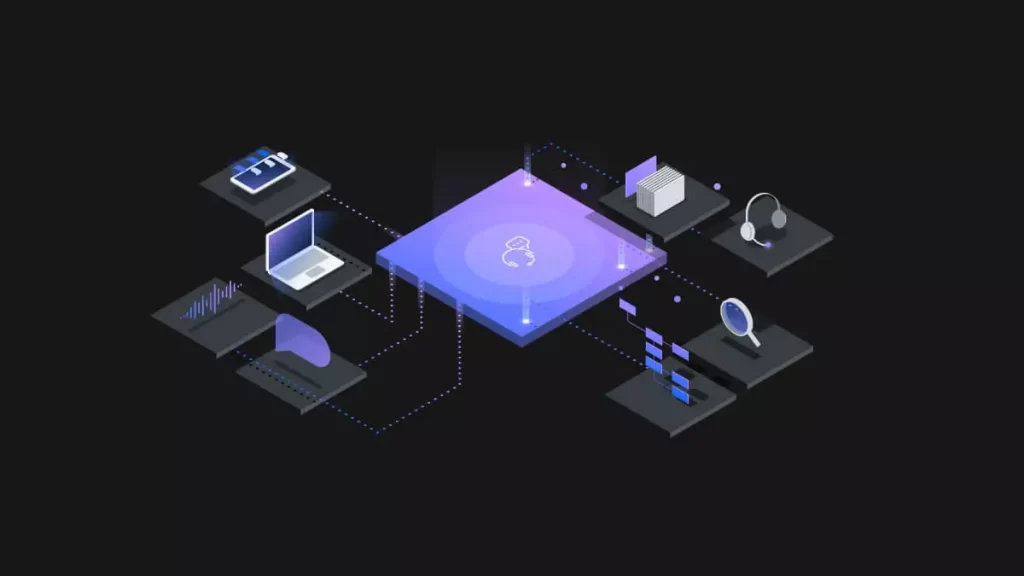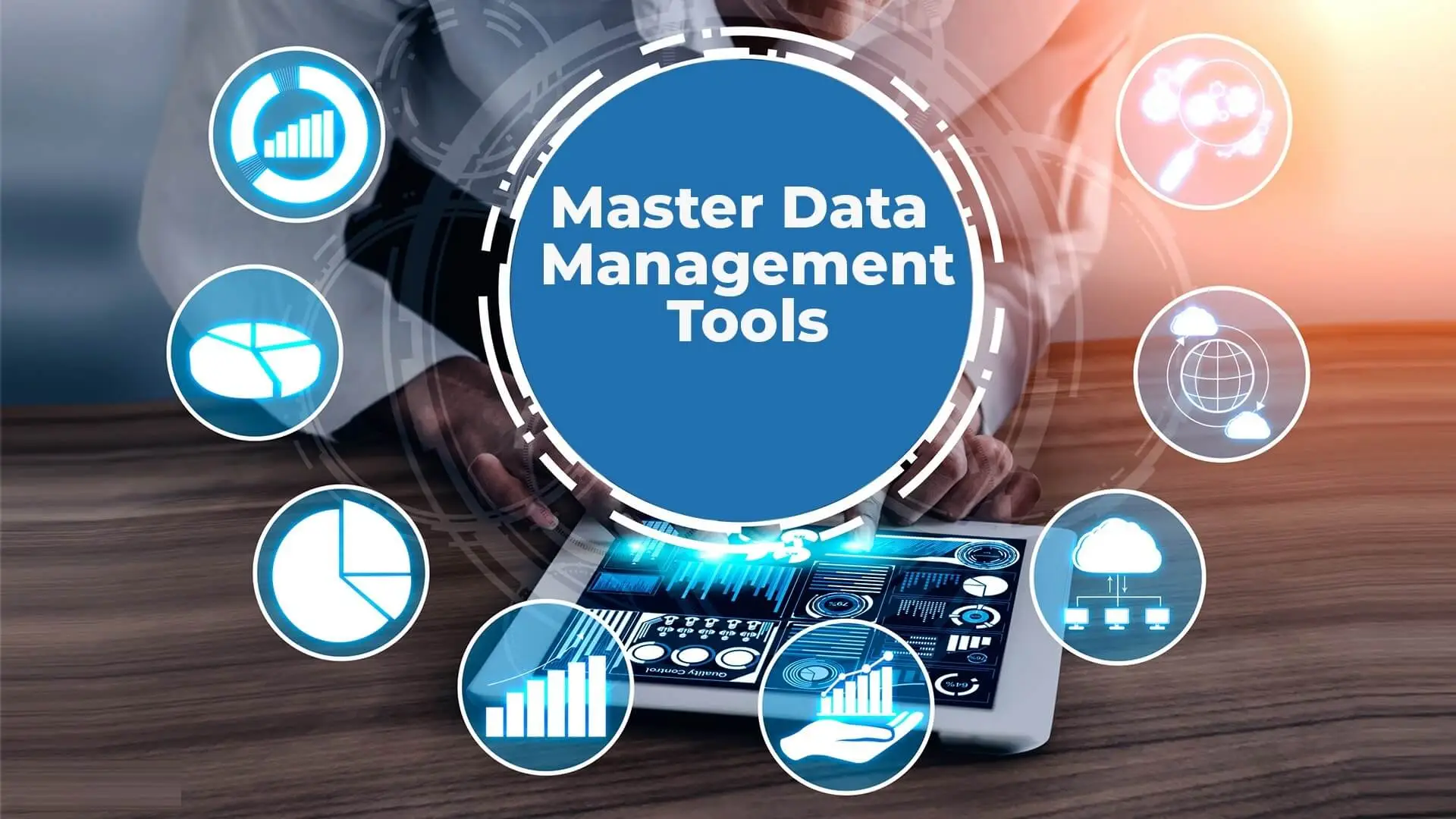How IBM Watson Assistant Uses Advanced AI to Power Intelligent Conversations
IBM Watson Assistant is an AI-powered conversational platform that leverages advanced natural language processing (NLP) techniques to understand user intents and provide relevant responses. With its focus on advanced features, IBM Watson Assistant allows businesses to create intelligent virtual assistants and chatbots that can seamlessly interact with customers, IBM Watson Assistant allows businesses to create intelligent virtual assistants and chatbots that can seamlessly interact with customers using both text and voice.

Content
Advanced Voice Capabilities
One of the key advanced features of IBM Watson Assistant is its voice capabilities. The platform can be integrated with popular voice platforms like Amazon Alexa and Google Assistant, allowing users to interact with virtual assistants using voice commands. This provides a more natural conversational experience for users. Businesses can build voice-enabled virtual agents that can understand user queries spoken in natural language and respond verbally.
Advanced Analytics and Insights
IBM Watson Assistant offers advanced analytics features that help businesses gain valuable insights from conversational data. The platform collects logs of all user interactions and uses advanced NLP techniques to analyze things like frequently asked questions, intents, entities, and more. This conversational analytics helps businesses understand user needs, pain points, and preferences to continuously enhance their virtual agents. The insights also help optimize customer support and service operations.
Seamless Hand-off to Live Agents
While AI can handle many common queries, some situations still require human assistance. IBM Watson Assistant integrates with IntelePeer’s Atmosphere Communications Platform to enable a smooth hand-off between virtual agents and live agents when needed. This provides users with an omnichannel experience where they can start conversations with an AI and seamlessly transfer to a human if required. It improves both customer satisfaction and agent efficiency.
Enhanced Understanding with Metadata
The Conversational Cloud Messaging platform within IBM Watson Assistant supports an “encodedMetadata” input type that enhances the AI’s understanding of user queries. Additional metadata like device details, location, individual preferences can be sent which helps virtual agents provide more personalized responses. This leads to a more contextual and meaningful dialogue.
Leveraging Watson Discovery IBM Watson Assistant leverages IBM Watson Discovery for its question answering capabilities. The virtual agent can search Watson Discovery to find relevant information to answers it does not have. This helps provide more accurate responses even for uncommon or complex queries. If no match is found, it can give a more appropriate response instead of just saying it does not know the answer.
Disambiguation for Clearer Communication
The disambiguation feature in IBM Watson Assistant is helpful in avoiding misunderstandings. When the AI is unsure of user intent, it will ask follow-up questions to disambiguate. This prevents providing irrelevant responses and improves clarity in the conversation. It enhances the overall user experience.
Preventing Conversation Loops
To avoid repetitive loops during off-hours, separate virtual agents can be created just for listening to users without actively engaging in a dialogue. This ensures users do not get stuck in unending question-response loops when support is unavailable. It maintains a positive impression of the brand.
Conclusion
With its focus on advanced features, IBM Watson Assistant provides businesses with a powerful tool to build next-generation virtual assistants. The integration of AI, ML and NLP allows creating intelligent agents that can understand users, extract relevant information, and engage in contextual conversations. When combined with advanced analytics, these conversational AI’s help enhance customer experience, service and support operations. The seamless integration capabilities also ensure virtual agents can be deployed across channels. Overall, IBM Watson Assistant is well-suited for organizations looking to leverage AI for improved customer engagement and service.
FAQs
How does IBM Watson Assistant integrate with other platforms?
IBM Watson Assistant seamlessly integrates with various platforms like voice assistants, contact centers, CRM systems using open APIs. This allows virtual agents built with IBM Watson Assistant to be deployed across multiple touchpoints like mobile apps, smart devices, websites, and more.
What are the key capabilities of IBM Watson Assistant?
Some key capabilities include natural language conversation, machine learning, integration with various data sources, analytics dashboard, disambiguation, seamless hand-off to agents and more. It uses advanced NLP techniques to understand intents, extract entities, maintain context and engage in human-like dialogue.

Shawn Davis is a wonderful person. He is very nice and always willing to help out! He loves his job because it lets him share interesting things with people who want to know about new developments in the world of technology.







